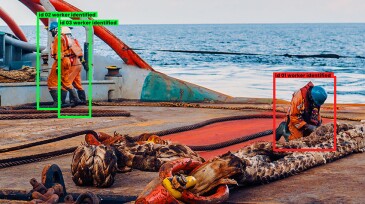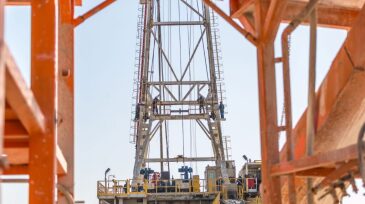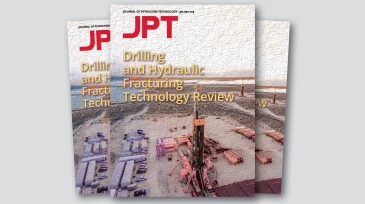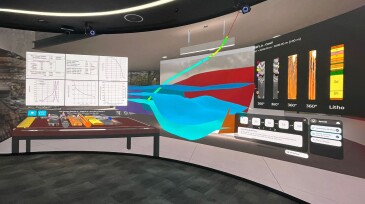R&D/innovation
The Spotlight on New Technology Awards recognize breakthrough innovations that demonstrate significant technical advancement and potential impact across the offshore energy value chain. The awards will be presented during OTC Asia, 31 March–2 April, in Kuala Lumpur, Malaysia.
Oman is embarking on a renewed effort to deploy the latest hydraulic fracturing technologies and techniques, tailored to its unique reservoirs and challenges.
Changgui Xu will receive the 2026 Individual Distinguished Award, and CNOOC will receive the 2026 Institutional Distinguished Award.
-
SponsoredElectrical submersible pumps (ESPs) are the backbone of artificial lift operations, enabling the extraction of hydrocarbons from challenging reservoirs. However, their effectiveness is often compromised by the extreme downhole environment, characterized by soaring temperatures, high pressures, and exposure to aggressive fluids.
-
Industry leaders champion collaborative solutions as essential for overcoming fracturing limitations.
-
From optimizing drilling performance to enhancing worker safety, computer vision can change how the industry works.
-
The energy world is rapidly changing. The pressure to address climate change, ensure reliable energy supplies, and manage costs is greater than ever.
-
Located 230 km south of Abu Dhabi, the onshore Shah field produces around 70,000 B/D of crude.
-
The agreement aims to accelerate new commercial technologies that address challenges with geothermal development.
-
A recent study highlights the major challenges the technology faces as operators consider the pros and cons of using additive manufactured parts in a corrosion-prone environment.
-
This selection of cutting-edge articles spotlights how experimental concepts are now driving cost-saving strategies in unconventional development. It’s a reminder that innovation often comes from creative thinking, not just new tools or tech partnerships.
-
Geothermal energy in the US has historically been concentrated in the West due to favorable geology, but emerging technologies have expanded the possibilities.
-
Virtual reality and related visualization technologies are helping reshape how the industry views 3D data, makes decisions, and trains personnel.













